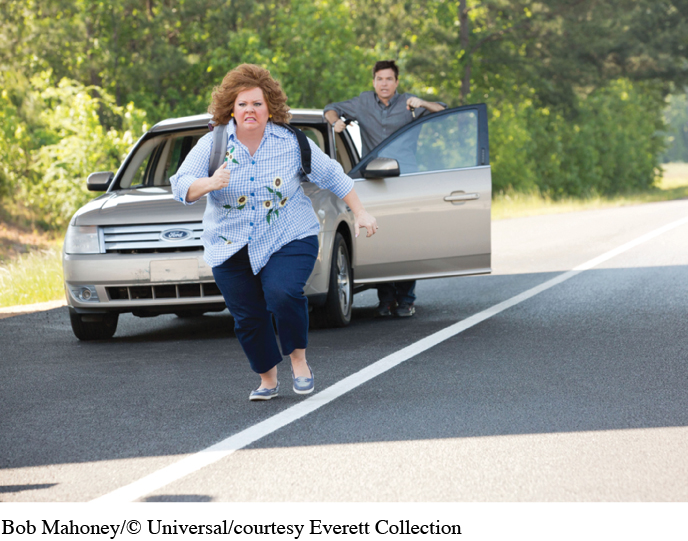Debit Cards
Although you might want to use a credit card for emergencies and to establish a good credit rating, you might also look into the possibility of applying for a debit card (also called a checkcard). The big advantage of a debit card is that you don’t always have to carry cash, and thus you don’t run the risk of losing your money. Because the amount of your purchases will be limited to the funds in your bank account, a debit card is also a good way to constrain your spending.
The only real disadvantage is that a debit card provides direct access to your checking account, so it’s very important to keep your card in a safe place and away from your personal identification number (PIN). The safest way to protect your account is to commit your PIN to memory. If you lose your debit card—or your credit card—notify your bank immediately.
high-impact practice 3
Work Together
Credit or Debit: Which Works Better for You?
With a small group, discuss your use of credit or debit cards. Which of these do you have, and which do you prefer? Make a list of the advantages and disadvantages of each, and share your list with the whole class.

high-impact practice 2
Write and Reflect
Beware: It’s Easy to Waste Money in College
Write a “warning letter” to a younger sibling (real or imaginary) about ways that students are tempted to waste money in college and what can happen as a result. In your letter, include strategies from this chapter for carefully managing money.